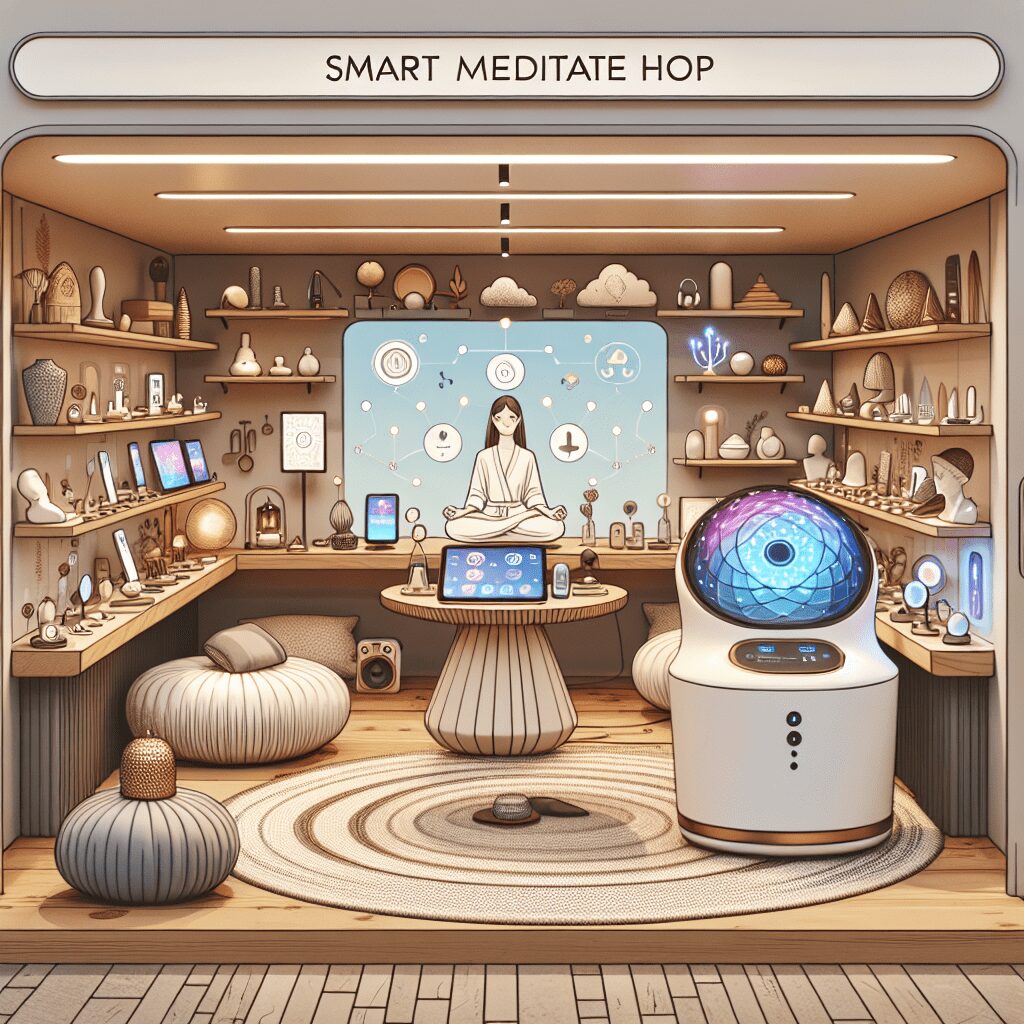
Prioritize your mental well-being daily. Enhance your life by nurturing your mental health with the Smart Meditation app. Break free from stress, alleviate anxiety, and enhance your sleep quality starting today.
Can You Become Addicted To Antidepressants?
Navigating the Complex Relationship Between Antidepressants and Addiction
In the intricate dance of mental health treatment, antidepressants often take center stage. They promise a return of brighter days to those ensnared by the shadows of depression. However, amidst their potential for renewal, questions about dependency loom like uninvited guests. Is it really possible to become addicted to antidepressants? Let’s dive into the nitty-gritty and separate fact from fiction.
Understanding Addiction vs. Dependency
First things first, we need to get our terms straight. Addiction and dependence are not two peas in a pod; they’re more like distant cousins. Addiction is characterized by a compulsive need for a substance, leading to detrimental effects on one’s health, social life, and responsibilities. Dependence, on the other hand, is when the body adapts to a substance, leading to withdrawal symptoms if the substance is abruptly discontinued.
Antidepressants, particularly those in the class known as SSRIs (Selective Serotonin Reuptake Inhibitors), are not considered addictive in the traditional sense. They don’t produce the high that one might chase with substances like narcotics or alcohol. However, stop them cold turkey after long-term use, and you might find yourself in a world of discomfort, a phenomenon known as discontinuation syndrome.
Discontinuation Syndrome: The Unwelcome Farewell Party
So, you’ve been on antidepressants for a while, and you’re feeling heaps better. You’re ready to bid adieu to your pharmaceutical crutch, but there’s a catch. Discontinuation syndrome is like the body’s version of a farewell party nobody wanted. Symptoms can include flu-like feelings, insomnia, nausea, imbalance, sensory disturbances, and hyperarousal. Not exactly the celebration you had in mind.
These symptoms don’t mean you’re addicted; rather, your body’s throwing a bit of a tantrum because it’s become accustomed to the medication. It’s adjusting to its absence, not craving more for the sake of a high.
Navigating the Path Forward
So, how do you avoid crashing the withdrawal party? It’s all about the exit strategy. Abruptly dropping antidepressants is like pulling the rug out from under your brain—nobody’s going to land gracefully. Here’s your game plan:
- Consultation is Key: Always chitchat with your healthcare provider before making any changes to your medication routine. They’ve got the roadmap for your journey off meds.
- Slow and Steady Wins the Race: Tapering is the golden rule. Gradually decreasing your dose allows your brain to adjust without setting off alarm bells.
- Listen to Your Body: Be attentive to what your body’s whispering (or, at times, shouting) as you adjust. It’ll give you cues on whether the pace is just right or a tad too fast.
- Holistic Support: Consider bolstering your exit strategy with therapy, lifestyle changes, and support from loved ones. It’s like assembling your own cheer squad to root for you along the way.
The Verdict: Dependence, Not Addiction
So, are antidepressants addicting? No, not in the way a street drug might be. Can you develop a dependence? Yes, but with the right approach, waving goodbye to antidepressants doesn’t have to be a nightmare. It’s a delicate ballet, requiring patience, care, and a sprinkle of professional guidance. If you’re contemplating this transition, start the convo with your doc. Your journey towards medication independence should be a carefully charted course, not a leap into the unknown.




